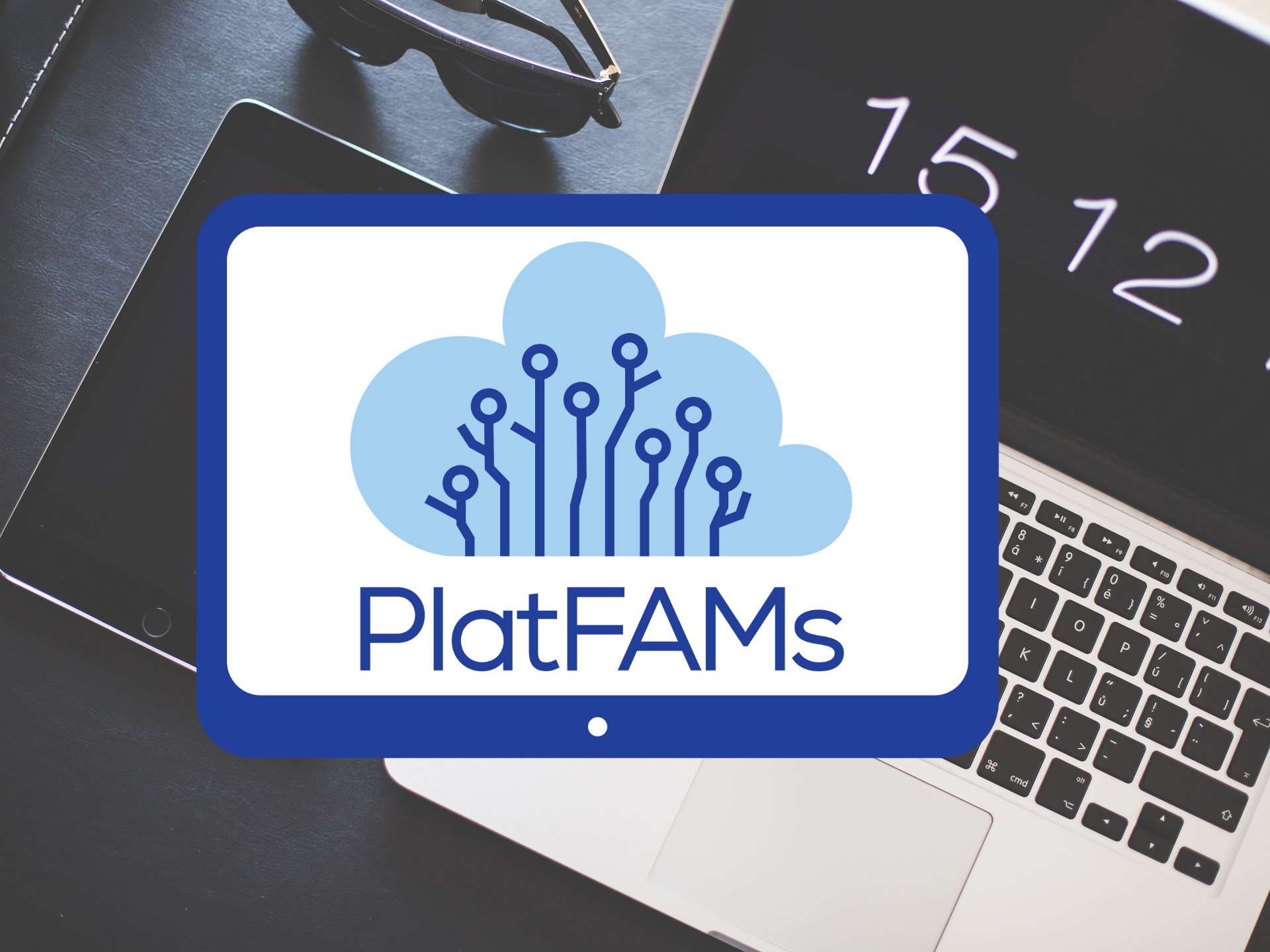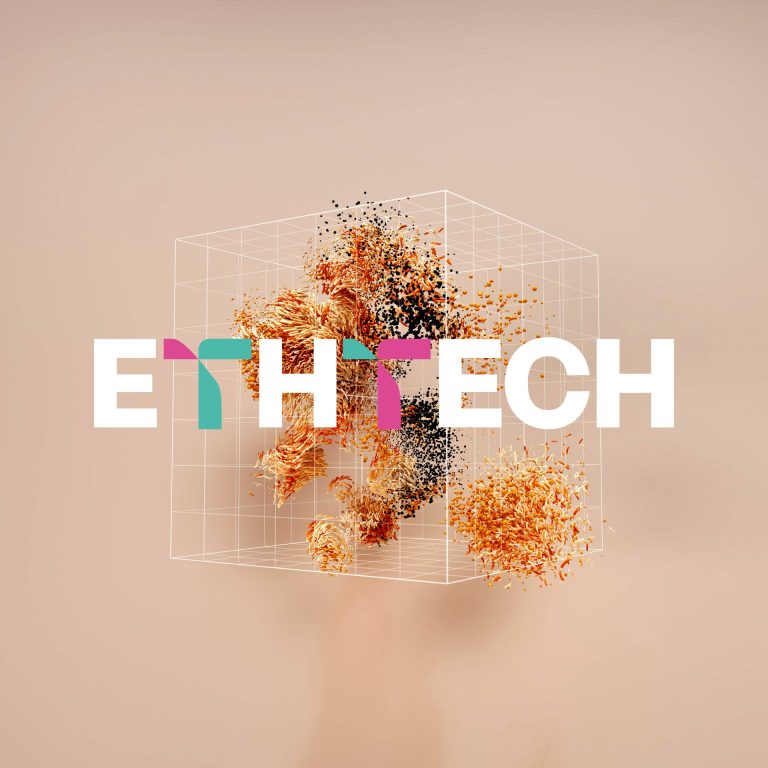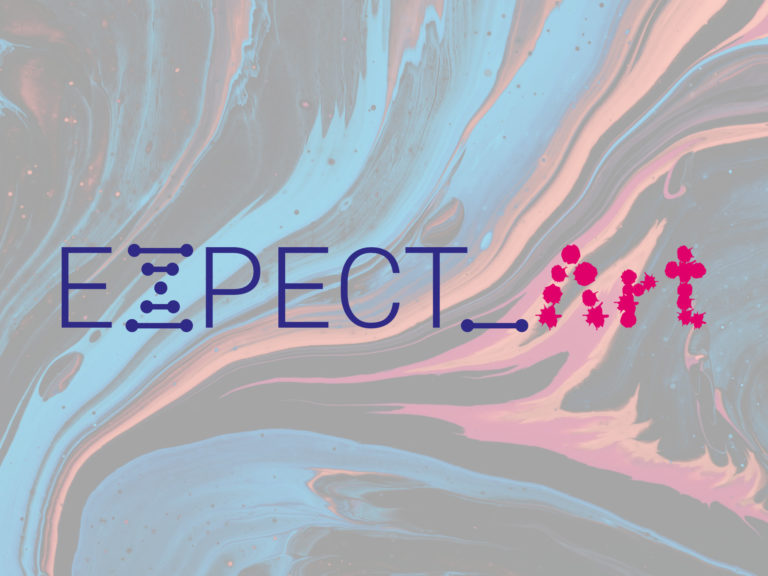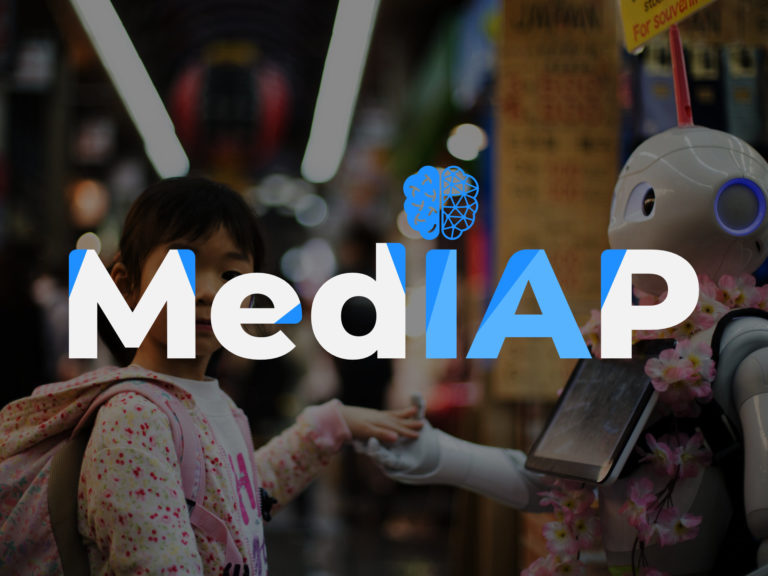Digital platforms have been deeply embedded in our day to day life, providing infrastructure to interact, learn, play, buy, among other daily activities. This reality has become much more evident during the pandemic, due to the rapid (and forced) digitization of different areas of our lives since Covid-19. Despite notable interest in exploring the social and institutional consequences of this “platformization” of the different spheres of our daily life, we still have few evidences about how families are transformed by their use of these platforms. For this reason, the project Platforming Families: Tracing digital transformations in everyday life across generations (PlatFAMs) aims to answer the following research question: how are digital platforms integrated into family lives and practices from an intergenerational approach?
Objectives
The main objective of the project is to critically reveal what the digital life of families is like, exploring how different generations in a family use digital media and platforms in their daily lives. The intention is to establish new knowledge and recommendations on the use of digital technologies and their possible consequences for the needs, rights, protection, and digital participation of citizens. The specific objectives are: (1) to trace the impact of digital platforms throughout peoples’ lives as expressed in family practices, (2) to examine the negotiations between family members and between generations on the use and implications of digital platforms and (3) verify how different age groups within different families create and co-construct imaginaries of digital futures.
Methodology
The research will be carried out in five countries: Norway, Estonia, the United Kingdom, Romania and Spain. It is based on a qualitative and participatory approach in which, for a period of two years, a total of approximately 100 families will be followed. Different methods of collecting information will be used, such as observations, interviews or informal conversations. This study will be complemented by a quantitative phase, in which a secondary statistical analysis will be developed based on the EU Kids Online project database.
Results
It is expected that, based on an intergenerational approach, we will develop a deeper understanding of the families’ digital life and their use of different digital platforms. The project stands out for its interdisciplinary vision where various fields such as education, psychology and communication are integrated.
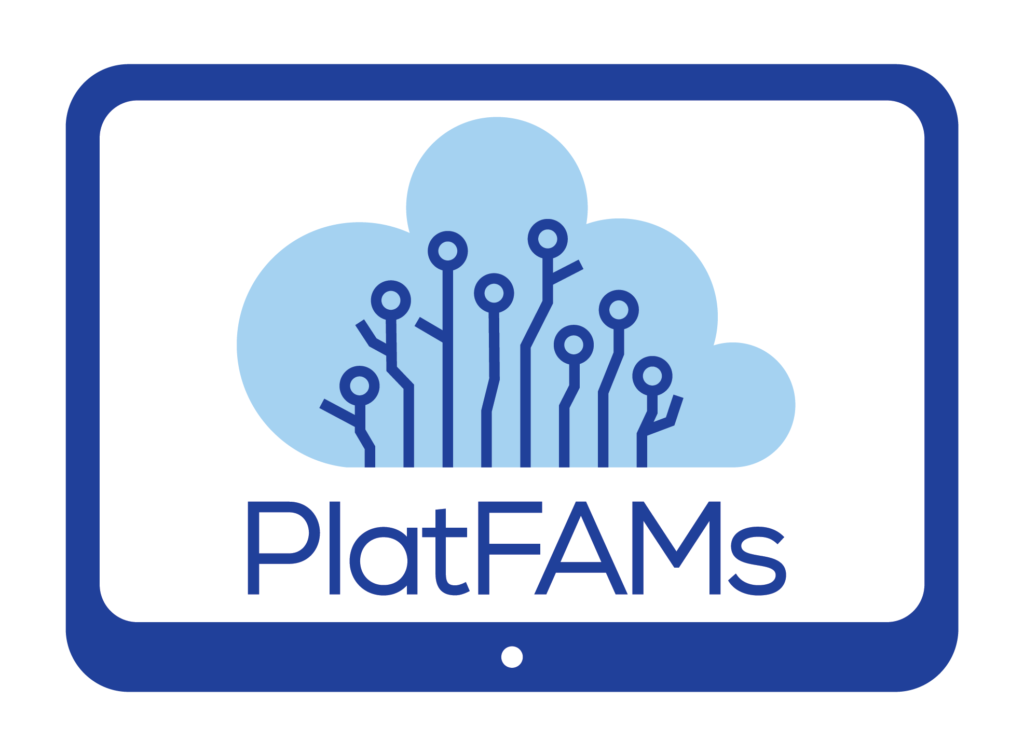
Participating Institutions
University of Oslo
Norway, coordinator
University of Tartu
Estonia
The London School of Economics and Political Science
United Kingdom
University Babes-Bolyai
Romania
Universitat de Girona
Spain
Universitat de Barcelona
Spain
UB research team
- Raquel Miño-Puigcercós (Coord.)
- Pablo Rivera Vargas
- Judith Jacovkis
- Lluis Parcerisa
- Gustavo Herrera Urízar
- Paula Lozano Mulet
- Xavier Giró Gràcia
CHANSE Cofund 2021 PCI2022-135025-2, Collaboration of Humanities and Social Sciences in Europe – Transformations: Social and Cultural Dynamics in the Digital Age call. 2022-2025
Proyecto PCI2022-135025-2, financiado por MCIN/AEI/10.13039/501100011033 y por la Unión Europea “NextGenerationEU”/PRT

